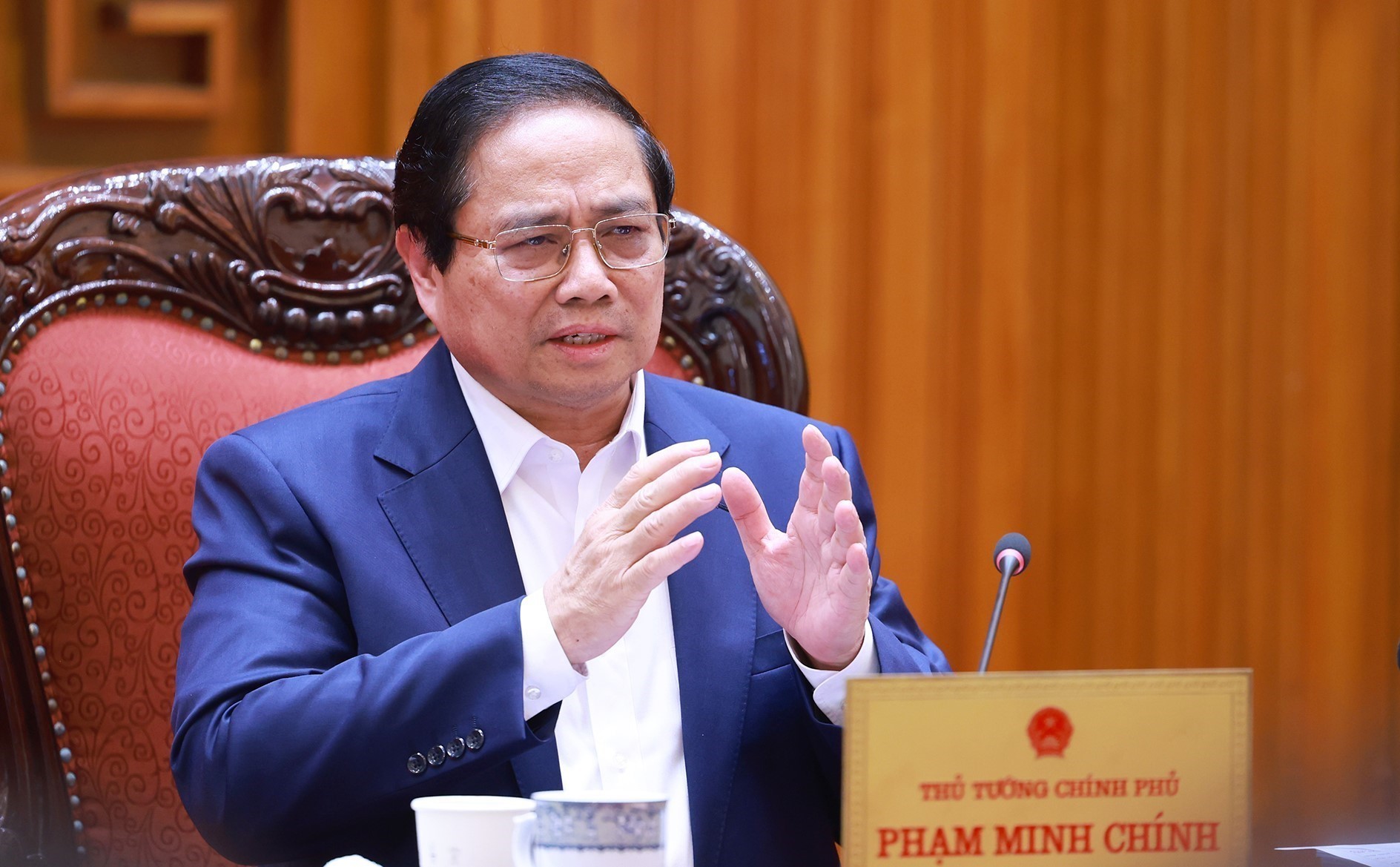Prime Minister Pham Minh Chinh chaired a meeting on May 17 between standing Cabinet members and ministries and central agencies to discuss the drafting of two Politburo resolutions aimed at breakthroughs in public health care and education.
The draft resolution on public health care outlines breakthrough solutions to meet national development demands in the new era.
It sets out goals and a roadmap for waiving hospital fees for the public, conducting regular health check-ups, ensuring access to vaccines and immunisation, improving the quality of healthcare services, securing medical supplies, and applying science and technology effectively.
Key proposals include shifting the mindset in leadership and implementation of healthcare services, enhancing the capacity of the health system, particularly preventive medicine, grassroots healthcare and traditional medicine, and training high-quality human resources with special incentives for medical staff.
The draft also emphasises healthcare finance reform, innovation and digital transformation, and the mobilisation of resources for private healthcare development.
Following discussion, PM Chinh urged swift finalisation of the draft, drawing on existing resolutions, strategies and conclusions. He asked for a more comprehensive and inclusive approach that removes institutional bottlenecks and identifies true breakthroughs to meet public expectations.
The PM underscored the need to design special mechanisms and policies, particularly for public-private partnerships, in order to advance healthcare, with decentralisation, simplified administrative procedures, and the elimination of “ask-give” mechanisms.
He stressed the principle that safeguarding public health is fundamental, strategic, and long-term, while medical treatment is frequent and reactive.
Special attention should be paid to implementing a two-tier local governance model for healthcare delivery, ensuring equitable access, especially in remote, border, and island areas, and among ethnic minorities, developing preventive and grassroots healthcare, tackling population ageing, and advancing the pharmaceutical and vaccine industries.
The PM also urged efforts to promote health tourism, build digital and smart hospitals, and progressively waive hospital fees, starting with free treatment for children.
Meanwhile, in regard to the draft resolution on education reform, PM Chinh acknowledged past achievements while also highlighting bottlenecks. He asked for the building of a resolution that modernises the education system, expands equitable access, and improves overall quality. The draft should promote vocational reform, boost workforce skills, modernise higher education, develop high-quality human resources and talent in technology, and foster research and innovation, he said.
Proposed breakthrough solutions include enhancing state management and unlocking potential and creativity; overhauling finance policies and promoting effective use of the state budget; investing in modern educational facilities; advancing comprehensive digital transformation; promoting foreign language education, especially English, and digital and AI literacy; and developing skilled and high-tech workers in line with innovation-driven growth.
He requested that the resolution clearly define its scope from general to vocational, higher and post-graduate education, while proposing measures to ensure equitable access, especially in remote areas. It should include a roadmap for foreign language education, and promote education in culture, arts, aesthetics and physical development to ensure well-rounded learners, he ordered.
The Government leader urged the development of strategies for vocational training, improving skills, and post-graduate education in emerging fields, along with elite talent programmes. He emphasised improving teacher quality, infrastructure, and optimising the national education network.
He also directed ministries to integrate stakeholder feedback and finalise key documents for timely submission to the Politburo./.



















